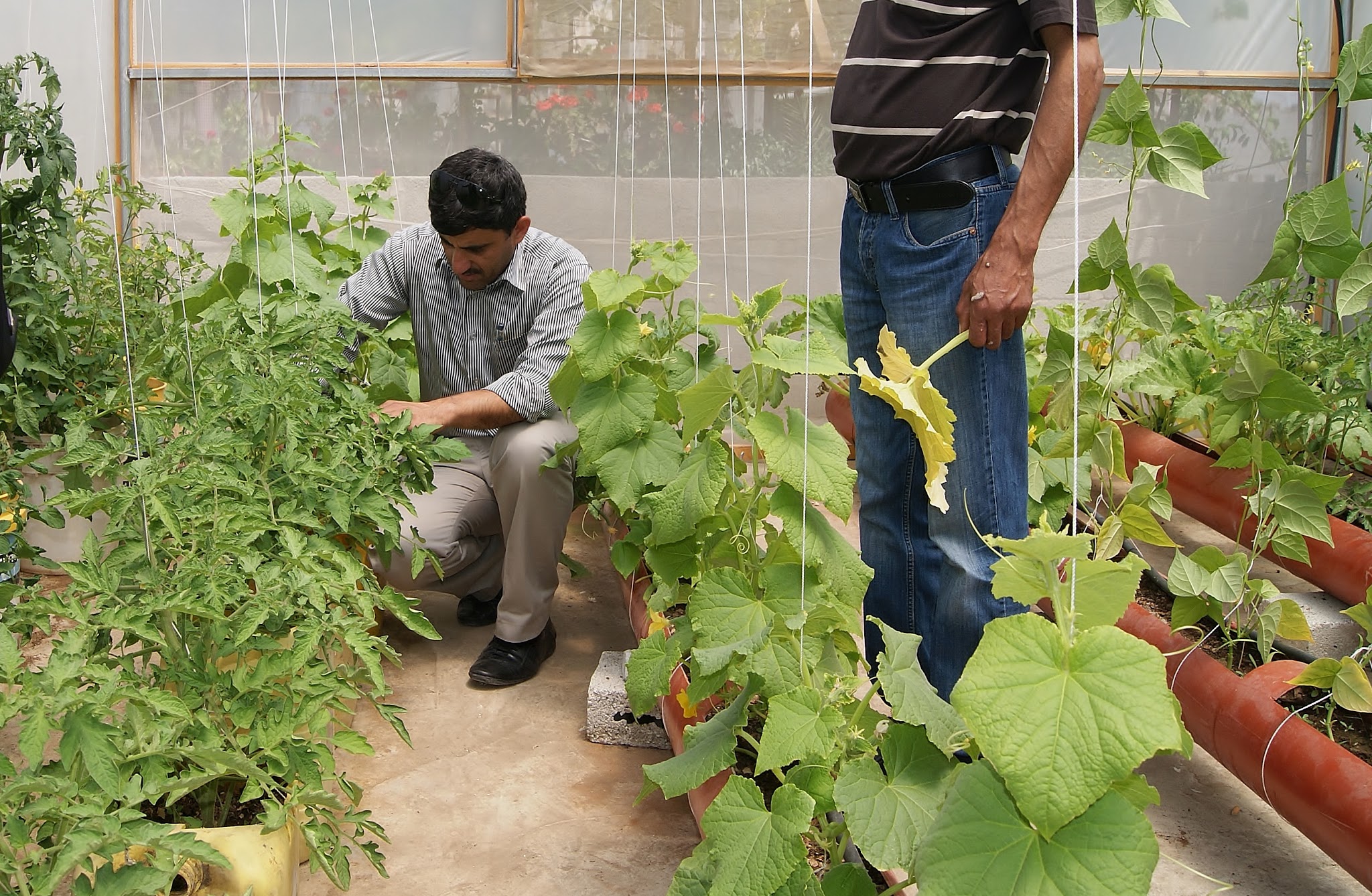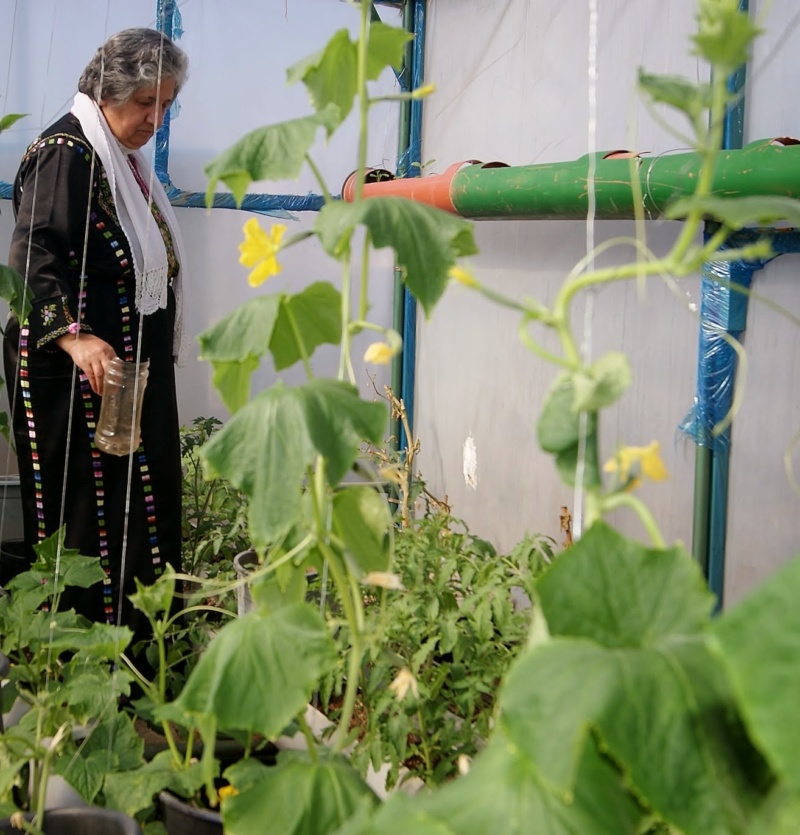In the present situation, life in the refugee camps is highly influenced by the Israeli occupation and economic underdevelopment; many families suffer from malnutrition, which in combination with the detrimental environment of the camps leads to both physiological and physical health problems for adults and children. Malnutrition develops when the families with a small budget cut regularly on their expenses of fresh fruits and vegetables, which is a common as a coping strategy of refugee families when facing food insecurity.


Karama is committed to solving food insecurity and improving Palestinian agriculture. We have worked with women, farmers, and others from 5 refugee camps in the Hebron and Bethlehem region to implement several projects and initiatives in the goal of increasing food security especially among Palestinian refugees.
Broadly, Karama has use two types of approaches. On the one hand, Karama sometimes refers to distributions to support the most vulnerable during emergency situations. While this is recognized as not being the most sustainable approach, this is generally only done on unique occasions or emergency situations when it is clear many households in the refugee camps can not make ends meet for a healthy food intake.
On the other hand, our preferred approach is to grow local production capacities, invest in innovative agricultural activities so women and men can grow healthy, low-chemical food that feeds their communities and meets not only their own household demands but also a wider market demand. By thinking in this full-cycle approach, Karama hopes to contribute to sustainable solutions, not just aid bandages.
“I had two of the most successful seasons during COVID 19. I was very happy to stay connected with the engineer through continuous video calls, she guided me through the entire planting seasons. It is true that I did not sell harvest this year, but I planted a variety of crops… which I shared with my family and neighbors.”
We have distributed food packages to families on several occasions.
We have helped around 250 women and their families by establishing rooftop greenhouses, which allowed them to produce and consume fresh and healthy products and make a living out of selling them.
This project has also reduced household expenditure on fruit and vegetables, therefore allowing families to spend their money better.